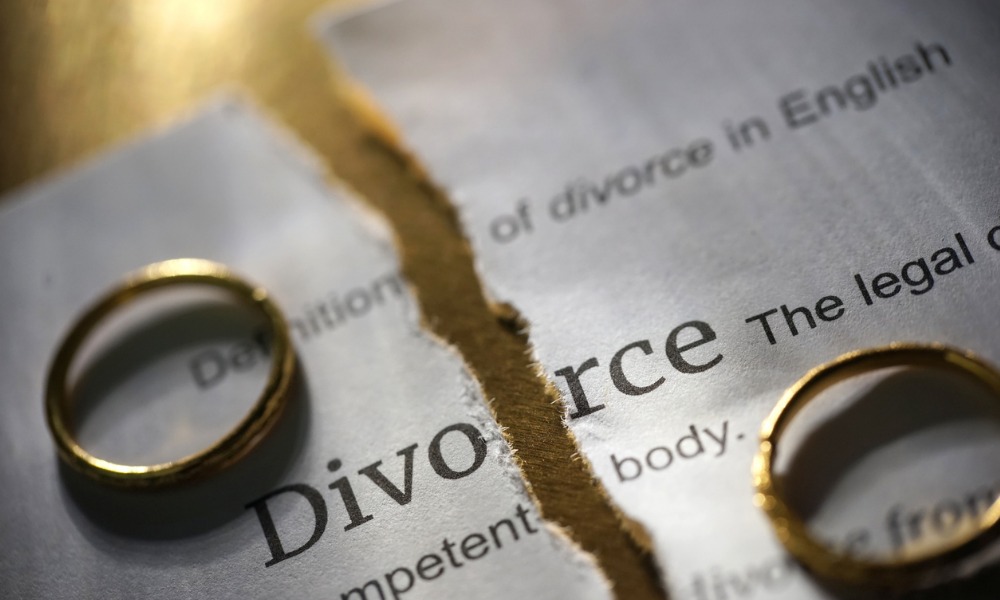With the rise of social media over the past decade, it has become increasingly common for individuals to share intimate details of their personal lives online. While social media can be a great way to stay connected with friends and family, it can also have a negative impact on divorce proceedings.
How Social Media Can Affect Divorce Proceedings
Social media can impact divorce proceedings in a number of ways, including:
- Providing evidence of infidelity
- Revealing financial information
- Showing evidence of inappropriate behavior
- Providing evidence of neglect or abuse
For example, if one spouse claims that they are unable to pay child support, but they post pictures of themselves on social media going on expensive vacations or buying luxury items, this could be used as evidence in court to prove that they are not being truthful about their financial situation.
Similarly, if one spouse claims that they are the primary caregiver for their children, but they post pictures of themselves partying or engaging in other inappropriate behavior, this could be used as evidence to show that they are not providing a safe and stable environment for their children.
How to Avoid Negative Consequences
If you are going through a divorce, it is important to be mindful of what you post on social media. Here are some tips to help you avoid negative consequences:
- Avoid posting anything related to your divorce or legal proceedings
- Do not post any negative comments about your spouse
- Avoid posting pictures of yourself engaging in questionable behavior
- Do not post anything that could be used to prove infidelity or financial impropriety
- Consider taking a break from social media altogether until your divorce is finalized
By being careful about what you post on social media, you can avoid inadvertently harming your case in divorce proceedings.
Social media has become an integral part of our daily lives, but it is important to be mindful of the impact it can have on divorce proceedings. By avoiding posting anything that could be used against you in court, you can help ensure that your divorce proceedings go as smoothly as possible.

